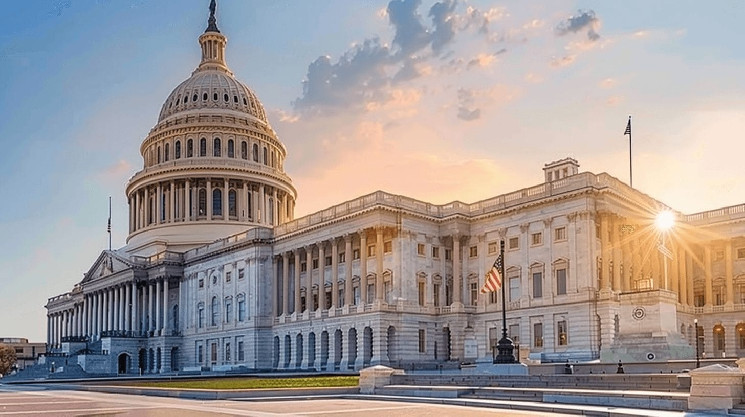House Financial Services Subcommittee on Digital Assets, Financial Technology and Inclusion Chairman French Hill (R-AR) lambasted the Consumer Financial Protection Bureau (CFPB) Wednesday morning for their recent federal oversight proposal of digital asset payment systems, telling the independent government agency to “go back to the drawing board.”
Republicans Criticize Consumer Financial Protection Bureau’s Oversight Rule
“There is no doubt that this proposal will decrease incentives to innovate in the payments space and leave consumers encumbered with fewer firms from which to choose a payment method–that decreases competition,” Hill said.
Republican subcommittee members predominantly argued that the Consumer Financial Protection Bureau’s new rule was overreach at best and possible surveillance at worst.
#WATCH: Chairman @RepFrenchHill at today’s hearing on @CFPB’s larger participants in digital payments rule:
“The CFPB needs to go back to the drawing board, work to protect consumers, and not hinder innovation.”
Read more 🔗https://t.co/afmMi8wjVf
📺 Watch his remarks 👇 pic.twitter.com/wLS10KXNvI
— Financial Services GOP (@FinancialCmte) March 13, 2024
“The CFPB needs to go back to the drawing board, work to protect consumers, and not hinder innovation or expand the CFPB’s insatiable reach for more power and scope,” the chairman continued.
CFPB to Crack Down on Regulatory Arbitrage
Originally proposed by the Consumer Financial Protection Bureau in November 2023, the new rule would allow the agency to “supervise larger nonbank companies that offer services like digital wallets and payment apps,” including peer-to-peer and electronic fund transfer payment services.”
“Payment systems are critical infrastructure for our economy. These activities used to be conducted almost exclusively by supervised banks,” Consumer Financial Protection Bureau Director Rohit Chopra said in a November 2023 statement announcing the proposal. “Today’s rule would crack down on one avenue for regulatory arbitrage by ensuring large technology firms and other nonbank payments companies are subjected to appropriate oversight.”
According to Data Horizon Research, the digital payment sector is expected to reach a valuation of $505 billion by 2032, growing by 19.7% annually each year.
Democrats pushed back at Wednesday’s hearing, arguing that payment applications such as Venmo and PayPal would have to comply with consumer protection laws, effectively making the sector safer.
“The CFPB is not becoming a tech regulator as much as tech companies are becoming banks,” said Congressman Stephen Lynch (D-MA).
Meanwhile, Representative Maxine Waters (D-CA) claimed that the rule would not “restrict competition and payments” but instead “increase competition by showing that the largest companies are not able to leverage their size and data to unfairly crowd out smaller companies.”
CFPB Faces Pressure to Clarify Crypto Stance
Wednesday’s hearing comes amidst broader conversations about the line between traditional finance and digital assets, particularly in light of 2023’s banking crisis that saw a number of crypto-friendly banks suddenly collapse.
Despite congressional conversation on the CFPB’s proposed rule affecting cryptocurrencies, the government agency has yet to provide clarity on what to expect going forward in regards to regulating digital asset payment systems.
“It is unclear when the CFPB intends to finalize the proposal or whether the various concerns that were raised will be addressed,” the committee memorandum reads.

